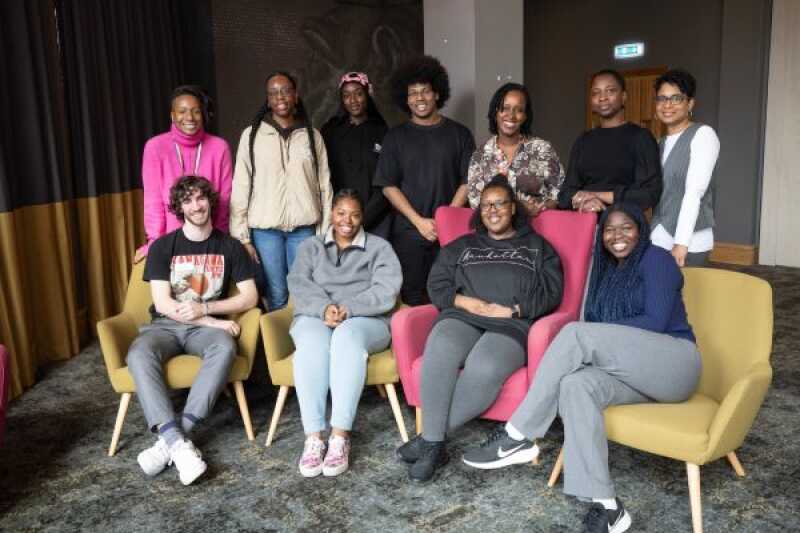The Living Black at University Commission is excited to launch recruitment for the Living Black at University Co-Creation Partnership Group, an initiative that brings together Black students from across the UK to help shape national toolkits, guidance, and best practice for improving the experiences of Black students in student accommodation and beyond. Kent has been involved in the project from the outset, developing Living Black at Kent, supporting and working with our Black students.
This paid opportunity offers students the chance to collaborate, co-create published works, and influence change at a national level. Participants will engage in monthly virtual meetings and have the opportunity to attend and speak at in-person sector events.
Applications are open until Friday 27 June – apply here.
